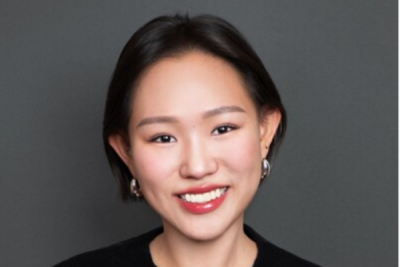
Jessica Ryu is a fourth-year PhD candidate specializing in health communication. Her research focuses on how health messages influence behavior, particularly in how people seek health information online and in-person.
Ryu works to develop health campaigns and craft messages to promote pro-health behaviors.
As part of her master’s in communication and media studies at Korea University, Ryu researched depression campaigns, conducting an experimental study on depression-related campaigns in South Korea to determine which messages motivated people to seek professional help.
“When I was in my master's program, some members in my family had depressive symptoms,” Ryu said. “I decided to do research on depression campaign messages in South Korea, focusing on how it's currently done and what should be done better.”
In her study, Ryu found that certain depression campaign messages were more persuasive than others, especially in those that were more effective at motivating people to seek help or recommend that others see a doctor.
Ryu strives to improve health outcomes by elevating public-provider communication and increasing health literacy.
"As a young scholar, what I can do right now is find small strategies to help people improve their literacy or self-efficacy regarding health information," said Ryu.
Ryu recently published a study that explores how reflecting on one’s own thinking can help people feel more confident in managing their health. The study found that when people were asked to recall fewer facts about a health topic, they felt more knowledgeable, which in turn made them more likely to talk about it with others.
Ryu recently worked on a Meningitis Knowledge Lab Study where she analyzed the effects of searching for health information online on perceived and actual knowledge.
Ryu said one of the most interesting findings was that, on average, people spent very little time seeking information even though they had very little knowledge. She concluded that people tend to overestimate their amount of knowledge, which is why she believes health literacy education and internet literacy education is so important.
Ryu said her mentor, Associate Professor Shelly Hovick, had a significant impact in guiding her research and fostering creative thinking.
Ryu has also been working on a research project on the impact of communication tactics on health outcomes, which was presented at the 2024 Annual Conference of the National Communication Association. After finishing school, she hopes to continue her work on finding simple measures to help improve health literacy and self-efficacy in patient-provider communication.
“My big picture goal is to make the world better by promoting health communication between people and medical experts, helping people to better understand health information and increase health literacy,” said Ryu.
Article by student Ellie Kulberg
